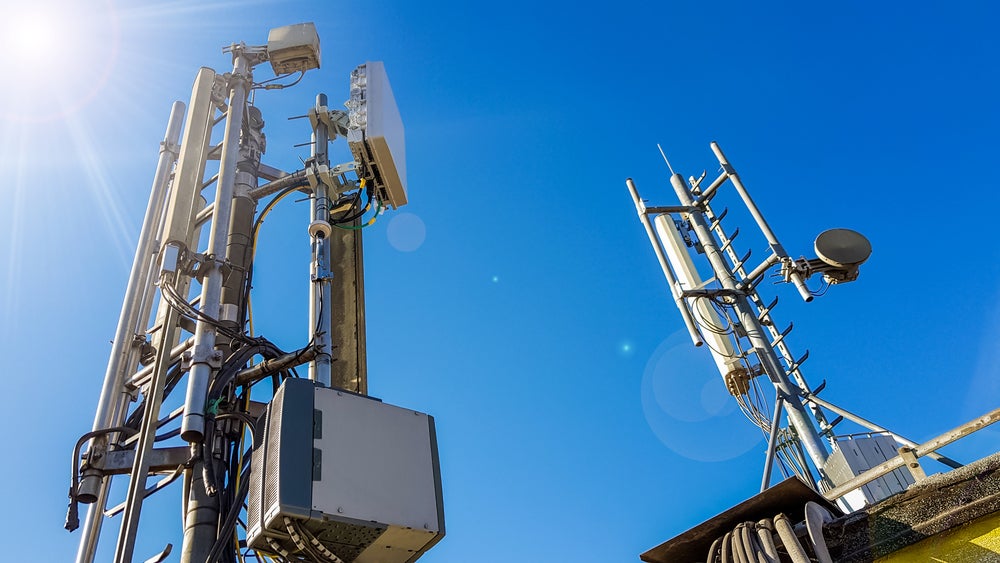
There are many claims around 5G, the fifth generation of mobile network, but Ericsson head of 5G commercialisation, Thomas Noren, summed it up at a pre-Mobile World Congress session. 5G is the same as other deployments, of 2G, 3G and 4G, where he said: “If I had known [all the use cases beforehand], I wouldn’t have told you.”
The truth is that 5G has speculative gains. Often cynics and nay-sayers of the much-talked-of tech wonder what 5G will really bring to the table. Their doubts are rebuffed by these assurances: speed, lower latency (the buffering wait time) and connectivity for many Internet of Things devices in industries such as manufacturing and mining. Noren says, in fact, 5G will “drive productivity in virtually every industry and make sure that things that should be connected, are”.

Access deeper industry intelligence
Experience unmatched clarity with a single platform that combines unique data, AI, and human expertise.
Another crucial reveal is the price difference between 4G and 5G, which Noren set at 15%: 5G will be cheaper than 4G by a decent chunk. Besides price improvement, Noren commented that as consumers, we want the latest tech available, and says according to research most consumers said if their operator didn’t offer 5G within five months of its availability, they would switch.
Ericsson 5G: Solving the issues of 4G
There is also “consumer expectation to solve the issues of 4G”. Over time, the AI algorithms developed by Ericsson are intended to assist the base station to improve itself and it will learn to improve and predict what happens at different network nodes. “This will evolve over time and the obvious experience is you will not run into congestion,” says Noren.
There are also implementation plans from Ericsson and its 10 partners, who include Vodafone, Verizon and AT&T, of “expanding 5G capabilities to ensure a broader rollout”. Fiber will be used in cities and microwave tech will be used rurally.
And with nine new radios being launched and three million 5G HW prepared radios shipped, more frequencies can be addressed. The Swedish telecoms firm, Ericsson, has also found a way to run 4G and 5G on a carrier simultaneously in a method called spectrum sharing. There are additional plans to save on power and save on cost, by consolidating and compacting.

US Tariffs are shifting - will you react or anticipate?
Don’t let policy changes catch you off guard. Stay proactive with real-time data and expert analysis.
By GlobalDataMobile networks are getting more complex
AI and automation will also play their part. Peter Laurin, senior vice president and head of Business Area Managed Services said they had “automated a lot” in the last 24 months, and this is because “the networks are not getting less complex, they’re getting more complex”.
In terms of which company and which country will win the race for 5G at a consumer nationwide level, Arun Bansal, senior vice president at Ericsson, is spreading his bets, saying: “5G will be the first G that happens simultaneously across the world. The technology is the same.”
Read more: Huawei deputy chairman talks up 5G at Davos – but will it be part of the revolution?







